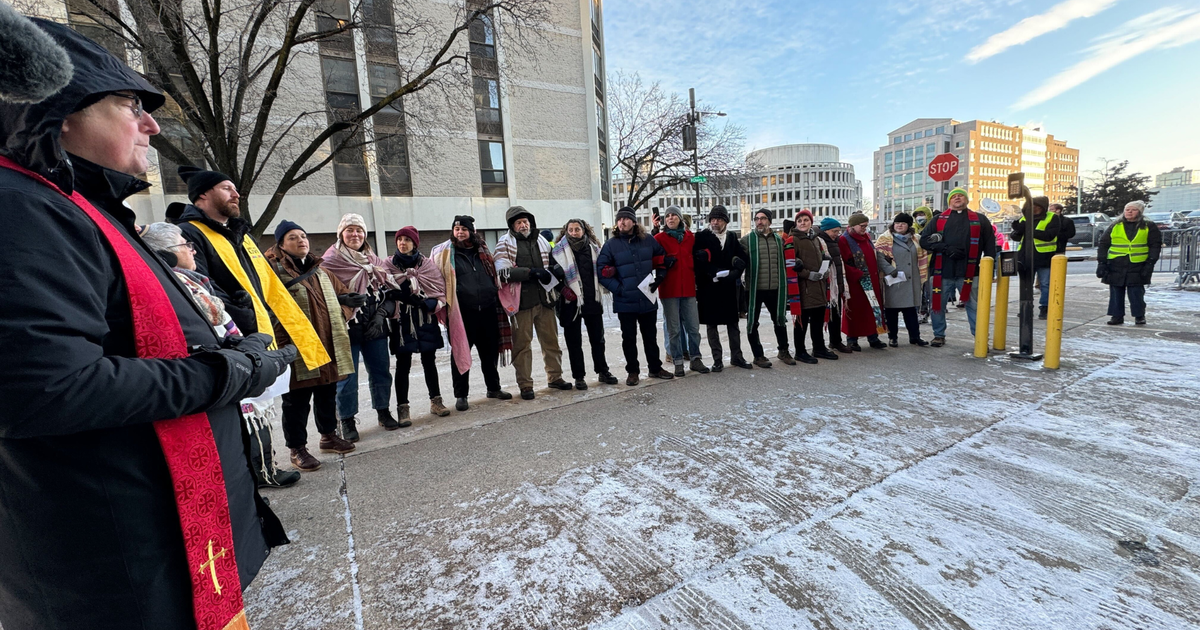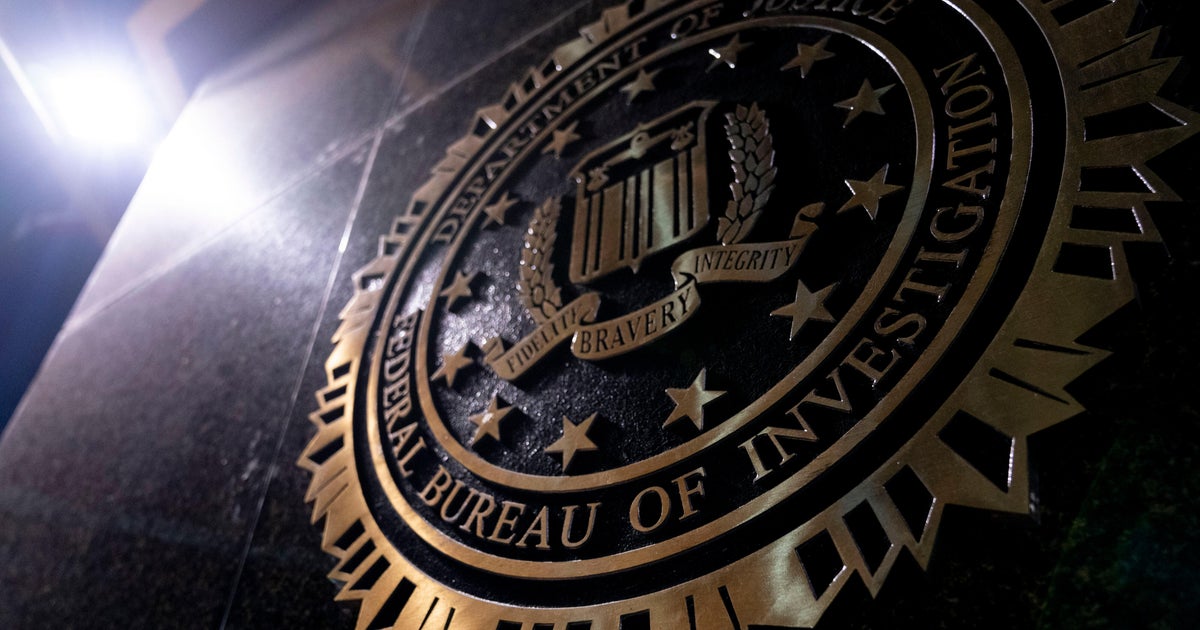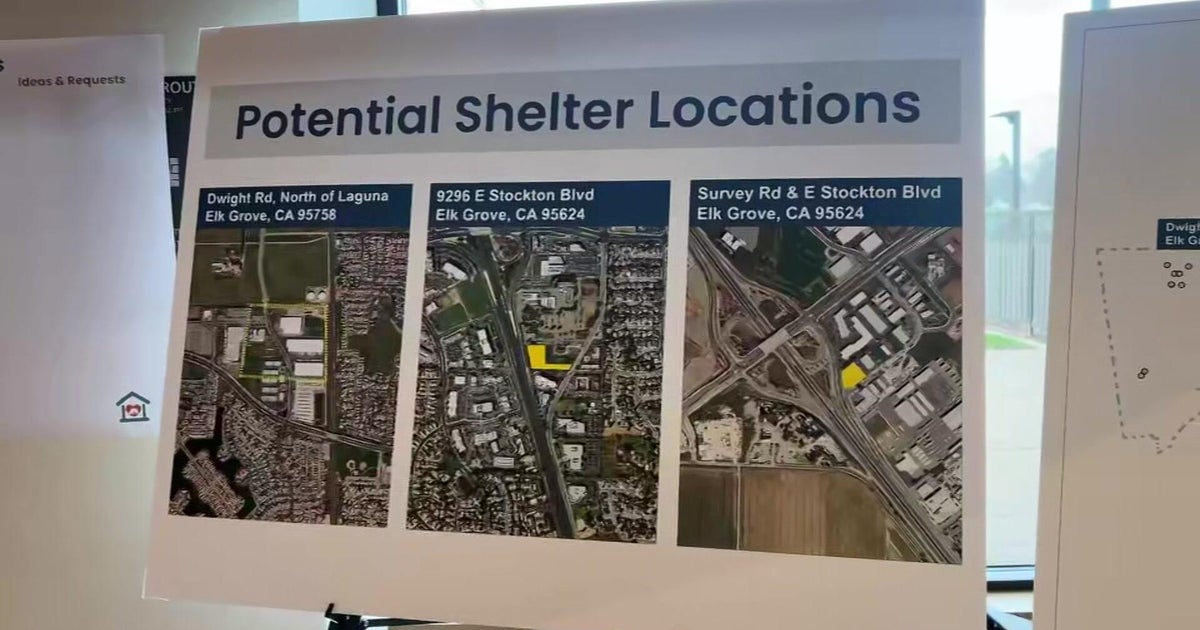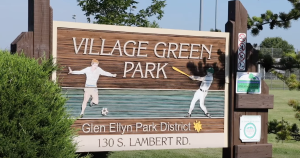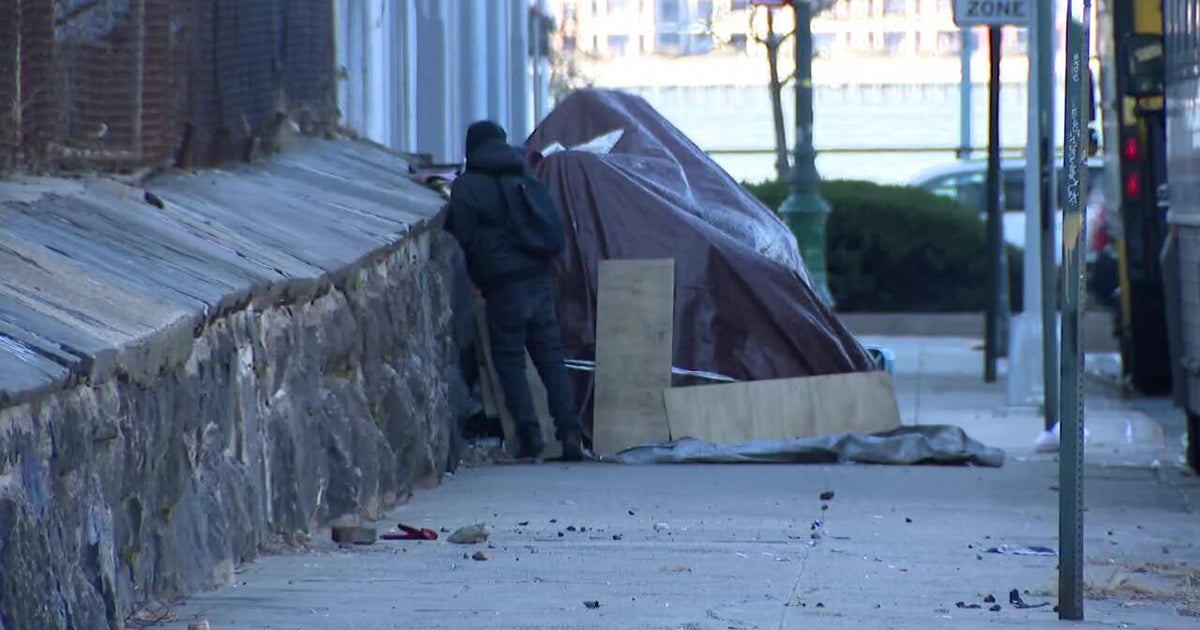After the arena came, the Asian population of Washington's Chinatown shrank
WASHINGTON (CBS) -- A sports arena was coming to a Chinatown that had already shrunk because of a previously-built convention center.
Sound familiar?
It should – if, that is, you're thinking about the Chinatown in Washington, D.C. But forgive yourself if current discussions in Philadelphia came to mind first.
The projects are separated by 30 years and 140 miles, and key details are different. Among them: Unlike in Washington, the proposed Philadelphia 76ers arena site isn't in Chinatown itself, but rather in nearby Market East.
But some of the conversations are similar. So without trying to compare the two projects, we wondered simply: What has Washington's Chinatown experienced since the NBA's Washington Wizards and NHL's Washington Capitals began playing basketball in their arena there – then the MCI Center, now the Capital One Arena – in 1997?
The answer, in short: Washington's Chinatown is wealthier now than it was then. But it is also less Chinese. Is that because of the arena?
"D.C.'s Chinatown, like almost all urban Chinatowns in the U.S., was going to lose Chinese residents in any case," said Leah Brooks, a public policy professor at Washington's George Washington University. "But the arena probably did hasten it by making the area more attractive place for all kinds of people to come to."
Chinatown's Asian population decline began in the 1970s, Brooks said, citing U.S. Census figures. Still, in 1990, she said, about two in three Chinatown residents were Asian. By 2010, that figure was one in five. A population that was in the thousands had dwindled to a few hundred.
Richard Wong, chairman of the Chinatown Service Center and a director of the 1882 Foundation, blames the arena for "the gentrification of the community, the lost low-income housing [and] the loss of residential properties."
One example, according to Wong, of how much less Chinese Chinatown has become?
"We used to have mom-and-pop grocery stores here. And, you know, they're no longer here in Chinatown," Wong said. "We have large Asian supermarkets in the suburbs - in Virginia, in Maryland. And that's where people go."
Wong concedes some Chinese-Americans have shared in Chinatown's economic boom.
"Oh, sure - there are many that benefit from it - you know, to sell properties and businesses to the large developers," he said. "But that would have come naturally. Generations grow up. The second or third generation don't want to take over mom-and-pop businesses. They're professionals."
Yeni Wong, who is not related to Richard Wong, is among the Chinese-Americans who have benefited from the post-arena economic boom – and in her case, not only by selling land. She still owns and runs Chinatown Garden, a family Chinese restaurant that predates the arena. She says the arena helped the restaurant.
"Every time you have the games, you have 20,000 people around the area bring the business in," she said. And although she acknowledges the overall impact of the arena on its surroundings, she noted that the arena itself didn't physically displace much – it was a surface parking lot.
"That piece of land had been lying vacant for at least 20 years," Brooks said.
Yeni Wong said she was involved in discussions with the teams – then under previous ownership – to try to ensure the arena's economic benefits flowed to neighborhood residents and businesspeople.
"We negotiated with the developers - you know, you have to give and take," she said. "They have to do something to benefit the community."
Monumental Sports, which owns the Wizards, Capitals and arena, declined to comment.
So although there's no counterfactual – that is, no way to know exactly what would have happened the past quarter century in Washington's Chinatown with no arena – what was the arena's most likely net impact?
"Here in Chinatown, we saw a tradeoff between developing a site that had been largely vacant and the risk of gentrification, which certainly did come true in the neighborhood," Brooks said. "The development of the arena certainly caused both the departure of Chinese residents and this huge gain in other ways for the city."
"We never see neighborhoods that don't change," Brooks said. "So the question is, what kind of change are you willing to put up with?"
